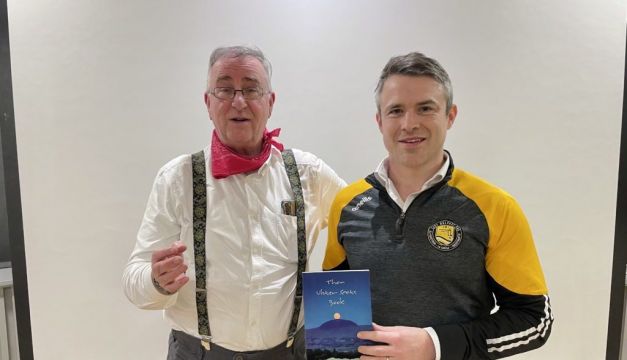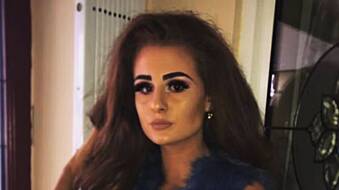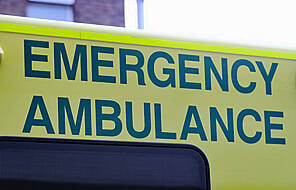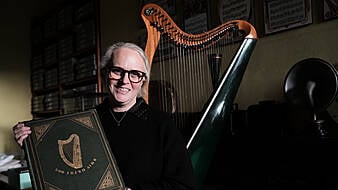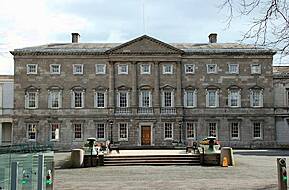GAA players in east Belfast have celebrated the Hamely Tongue in what is believed to be the first Ulster Scots event held by a club in the sporting organisation.
It was attended by members of East Belfast GAA and included learning about a number of Ulster Scots words, a language known affectionately as the Hamely Tongue.
Ulster Scots expert and author Liam Logan described the event at the Stormont Pavilion on Wednesday night as “quite light-hearted”, adding a list of “handy insults” was enjoyed, including “gansh”, meaning an “empty chatterbox”.
East Belfast GAA club secretary David McGreevy said the event, which came during Ulster-Scots week, solved a few mysteries of the origins of some commonly used words which are not known outside the North.
“Sometimes you don’t realise it’s Ulster Scots until someone doesn’t know a word that you’re saying – back in 2013 I was playing in an All Ireland quarter-final, the team I played for was filled with Co Kerry and Co Mayo guys, I described the opposition midfielder as a ‘gansh’, they didn’t understand it, and I didn’t know how to explain it to them,” he said.
“Our crest features Ulster Scots as well, it’s trilingual with Irish, English and Ulster-Scots.
“The reason for that is a GAA club should always represent the community in which it exists and bring people together.
“As a GAA club you have to promote the Irish language, but it’s not just the Irish language that exists on our crest, there’s also Ulster Scots which represents people in our community so we should be promoting that.
“It was a good opportunity to find out more about Ulster Scots, and it was good craic to be honest.”
He said he believes they are the first GAA club to host an Ulster Scots event.
Mr Logan described Ulster-Scots as being derived from an eclectic selection of languages from across Europe, including Scandinavian, French, German and even Latin.
“I think this was the first GAA club I spoke at, but I go to a lot of different groups, fundamentally people are curious about these words,” he said.
“I’m of the opinion that because they were largely linked to the land with most people working in agricultural circumstances, there was a lot of use for Ulster Scots words.
“As farms nowadays are heavy on the big machinery not quite so much on farm labourers, Ulster Scots has fallen slightly into disuse.
“In a world that grows ever more homogenised it’s something that makes us a distinctive tone, and a vocabulary that makes us distinctive.
“There are two qualities that most Ulster Scots speakers will be familiar with, thran (stubborn, pig headed) and carnaptious (argumentative).
“As long as we have those traits in our personalities, Ulster Scots will continue.”
